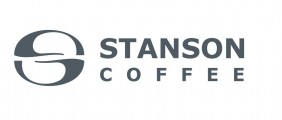ABOUT US
We are proud to be a part of Metad PLC who owns farms in different districts of Ethiopia – homeland of coffee. We also buy coffee from nearby farmers through an out-growers program so that you can choose from a wide variety of the finest Ethiopian coffees, either produced or sourced by our farms and staff. We ensure that these coffees are grown and harvested in accordance with our high quality standards, then graded in our SCAA-certified Coffee Quality Control Laboratory. We are very proud to offer the top quality coffee with grades 1 and 2 – Speciality Coffee.

Our philosophy and vision focuses on a unique “seed to cup” model. We grow our own baby plants, then pick the coffee cherries selectively by hand and process it using a modern and controlled wet and dry processing systems. Every step is quality controlled by our trained staff. From the farm all the way to delivery, we work to ensure that you receive the high quality coffee.
WHY CHOOSE US?
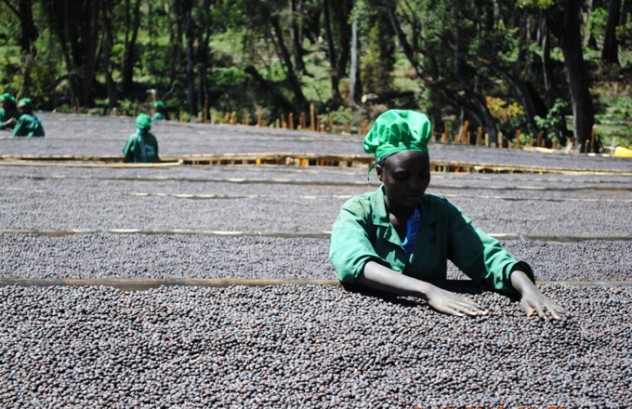
We are committed to quality. We apply strict quality control protocols to every phase of the coffee production process, from seedling to farming, harvesting, processing, roasting and exporting.
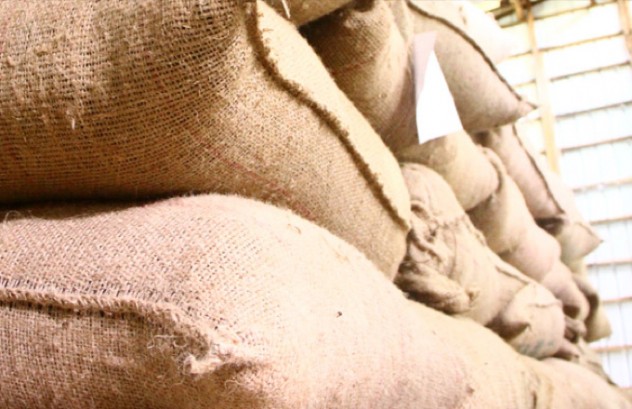
We are punctual and reliable. We always deliver the coffee you sampled. We respect your schedules and commitments and are proud of our transparent pricing model and on-time delivery.
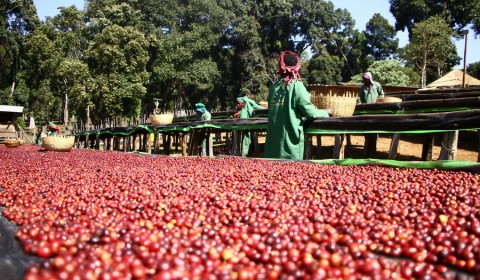
We only use High-Standard Wet and Dry Processing Systems. We achieve the high quality of processing of the beans by using modern and controlled wet and dry processing systems. In addition to raised drying beds, we have warehouses on location at our farm sites in Hambela and Gedeb.
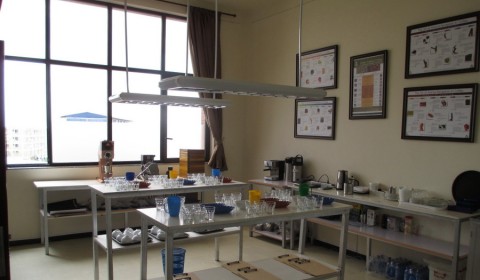
We own Sampling and Testing Facilities. Our SCAA-certified Coffee Quality Control Laboratory is equipped with state-of-the-art coffee tasting technology and serves as a training site for domestic and international coffee professionals and is available for use to our buyers.
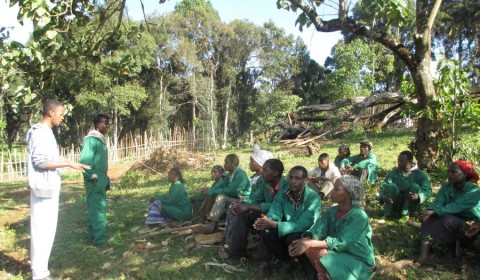
We care for the Environment & our local Community. To maintain our commitment to sustainability, we employ modern farming techniques such as apiculture and intercropping. A portion of all profits is reinvested back into the community through educational and health related initiatives.
